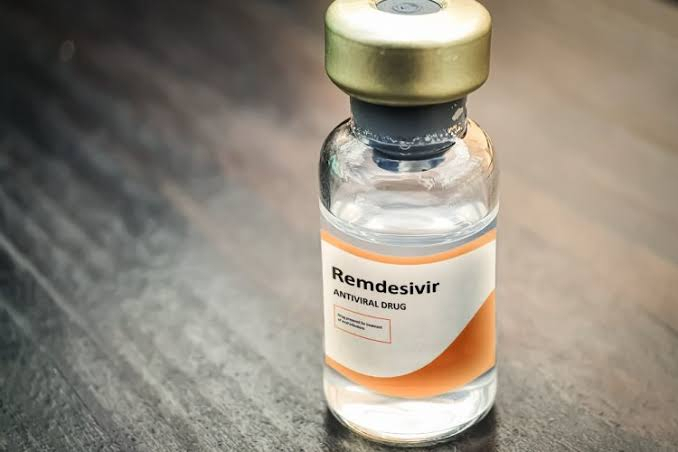
US-based drug maker Gilead Sciences has signed non-exclusive voluntary licensing agreements with five companies in India and Pakistan to manufacture remdesivir that is undergoing trials to be used as medicine for COVID-19.
Gilead has signed agreements with Indian companies Cipla, Hetero Labs, Jubilant Life Sciences and Mylan. It has also signed a commercial agreement with Pakistan's Ferozsons Laboratories to manufacture remdesivir.
The medicine will be distributed in 127 countries. In 2014, Gilead had voluntary licences with nine Indian companies to manufacture hepatitis drug sofobuvir.
Emergency authorization
On May 1, the US Food and Drug Administration (FDA) issued an emergency authorization to use antiviral drug remdesivir which is under trial for COVID-19 medicine, to treat suspected or laboratory-confirmed COVID-19 in adults and children hospitalized with severe disease.
Japan has approved the use of remdesivir, under Veklury brand as medicine for severely-ill coronavirus patients.
Originally, remedisivir was developed as a drug to treat hepatitis C. But it did not prove to be effective. Later, even though it went through trials to be used as medicine for Ebola and Marburg virus disease, it did not prove to be effective against these viruses too. However, considering its capacity to block the Severe Acute Respiratory Syndrome (SARS) and the Middle East Respiratory Syndrome (MERS), it was allowed to undergo clinical trials as potential drug for COVID-19.
Currently, Remdesivir is being studied as a potential treatment for COVID-19.
What the voluntary licence agreement says
According to the voluntary licence agreement, Gilead will transfer technology to the five companies to scale up production. The licenses will remain royalty-free until the World Health Organization (WHO) declares that the public health emergency with regard to COVID-19 has come to an end. It can also remain royalty-free until another medicine (other than remdesivir) is approved as treatment to COVID-19.
On its official website, Gilead has stated that currently there is only enough remdesivir for the use of 100,000 to 200,000 patients. The company aims to manufacture 140,000 remdesivir treatment courses by the end of May 2020. By October 2020, it wants to have a stock of medicine that is sufficient for 500,000 treatment courses.








